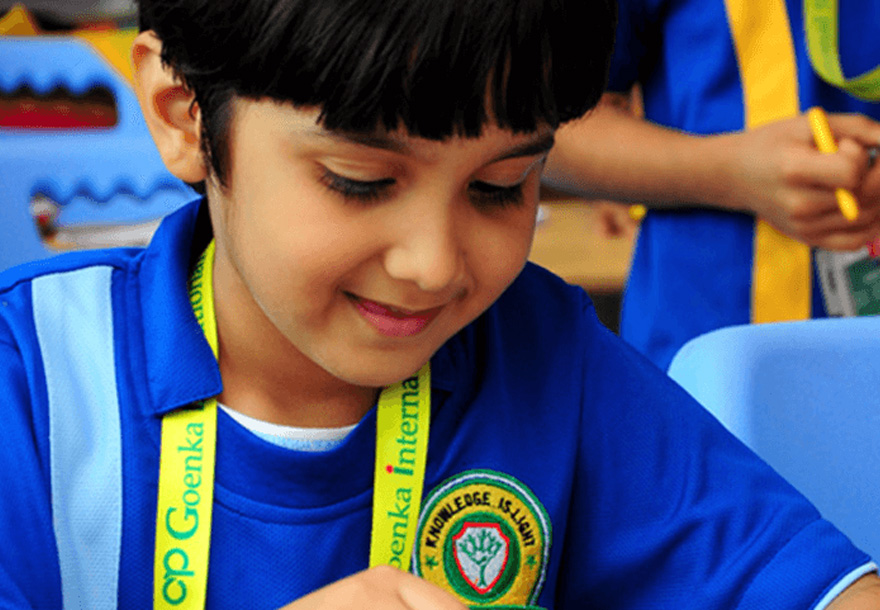
To Top
Tips on how to raise a money-savvy youngster
Parents may be concerned when it comes to teaching their children about money and money management. Money is a substantial and complex concept, but the sooner you begin teaching your children about it, the better prepared they will be as adults. As a result, teaching youngsters how to manage their own money is the ideal approach to show them how wise money management can benefit them in a variety of ways.
Continue reading for advice from Top International Schools in Mumbai on how to raise a child that not only knows his way around the piggy bank but also knows precisely where each cent goes!

Begin when they're young.
When your child is a toddler, money may not appear to be an issue, but it may soon become one when they grow into adolescence. Allowing your child to assist with simple domestic chores such as setting the table, putting out the garbage, and sorting laundry sets the tone early on. The jobs will be free, but they will educate children that there is worth in things that do not cost money since they often do. This is a critical aspect in teaching your child how to manage his or her money.
Money isn't limited to coins.
Tell your child to total money in different denominations, look through paper bills, and comprehend how much money they possess, because money management is also about budgeting and recognising the value of time. Money, in other words, should only be used to improve one’s personal life. Money has the power to either release or hold us captive, therefore don't let yourself become a slave to your pocket!
Savings isn't the only aspect of money management.
Rather than instructing children to pay attention solely to amassing more money, parents should demonstrate to them the importance of spending less than one obtains and be mindful of how that money is used. Hoarders aren't the only ones who struggle with money management. It's for anyone with a source of income of any kind. This entails being conscious of one's resources and making judicious use of them.
Money should be put to good use to aid others.
Children who are taught that their responsibility is to care for others are more likely to want to establish a name for themselves. That does not imply that they must become wealthy; rather, it implies that they must have the financial security and freedom to help those who are less privileged. Money management for children should always include demonstrating the importance of being unselfish and aware of others, not just oneself.
Money should never take precedence over family.
While it's important to teach youngsters about money management, it shouldn't lead to a deterioration of other things. The most essential thing for parents to do is to tell their children the difference between right and wrong and to demonstrate their love for one another through actions rather than words. Money won't fully eliminate problems, but it won't help if money is the problem in the first place.
Money can buy anything but happiness.
It may enable you to acquire everything you wish. However, this does not ensure true happiness since some things in life cannot be purchased. Money, on the other hand, can make an individual's life more convenient and joyful, as well as provide them with better prospects. This suggests that wealth may not be able to purchase pleasure, but it can buy contentment.
The Best CBSE Schools in Pune emphasizes that every parent should make money management consideration for their children. It is the most excellent method to train a child how to correctly and successfully manage money. This case primarily involves teaching children from a young age how to manage their money responsibly and prevent making financial blunders. It is a necessary ability for the development of lifelong habits.











